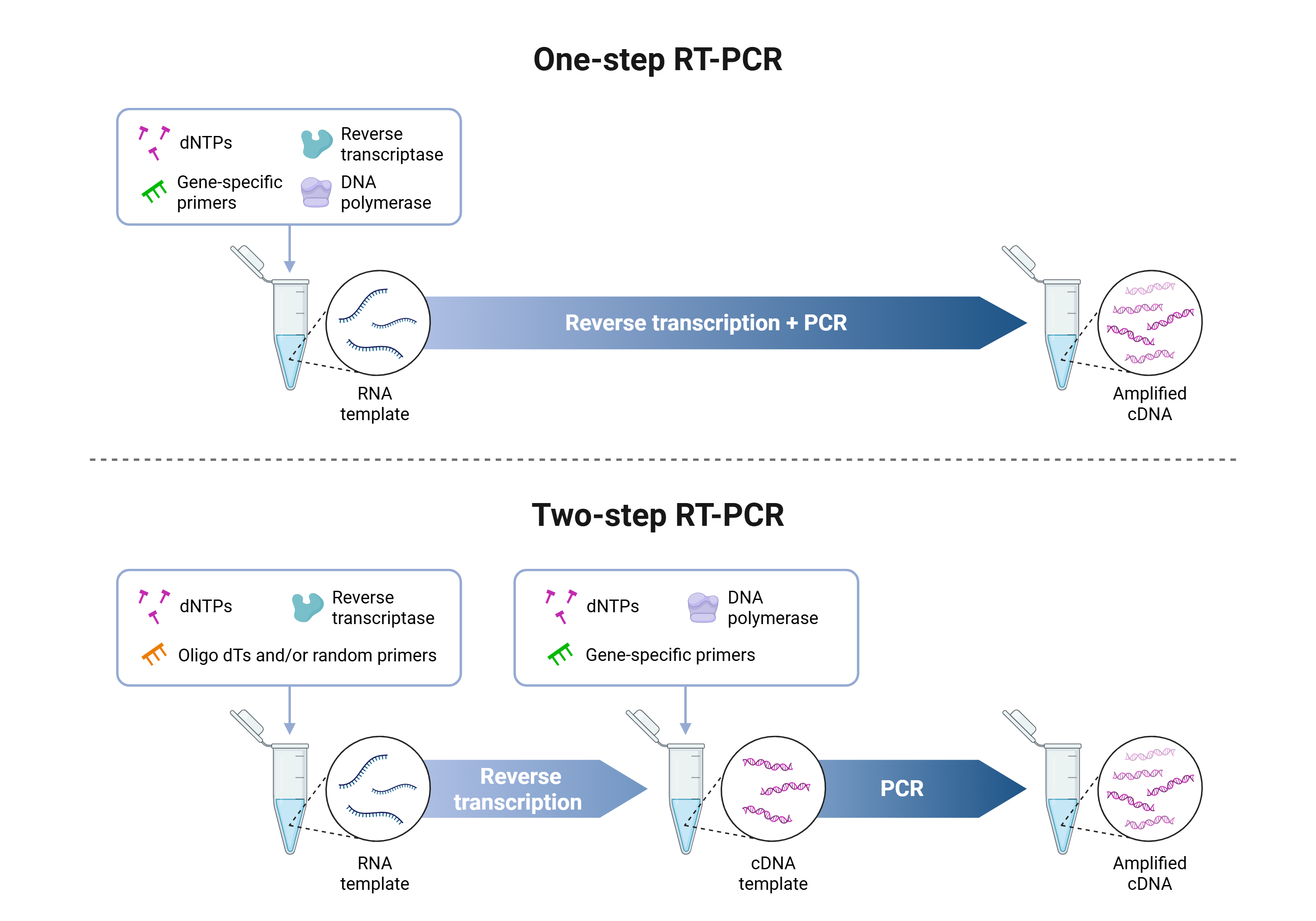awards

PCR: Driving Innovation and Excellence
Polymerase Chain Reaction (PCR) is one of the most revolutionary techniques in biotechnology, transforming the way scientists study DNA, diagnose diseases, and develop treatments. This breakthrough method, invented by Kary Mullis in 1983, earned him the Nobel Prize in Chemistry in 1993, highlighting its global importance and scientific excellence.
PCR enables rapid amplification of DNA, providing the foundation for advances in medical diagnostics, forensic science, genetic research, and personalized medicine. Today, it is considered a gold standard in molecular biology, driving innovations in biotechnology and shaping the future of healthcare.
In recognition of its impact, PCR technology continues to inspire international awards for research and discovery. Institutions and scientists around the world are building on this milestone, creating new biotechnological tools that embody innovation, reliability, and excellence in science.
Biotechnology, powered by techniques like PCR, represents the synergy of knowledge and innovation. It continues to open new horizons in disease prevention, environmental sustainability, and agricultural improvement. As researchers strive for greater achievements, the legacy of PCR remains a shining example of how scientific creativity can lead to global recognition, from Nobel honors to prestigious awards celebrating human ingenuity.

